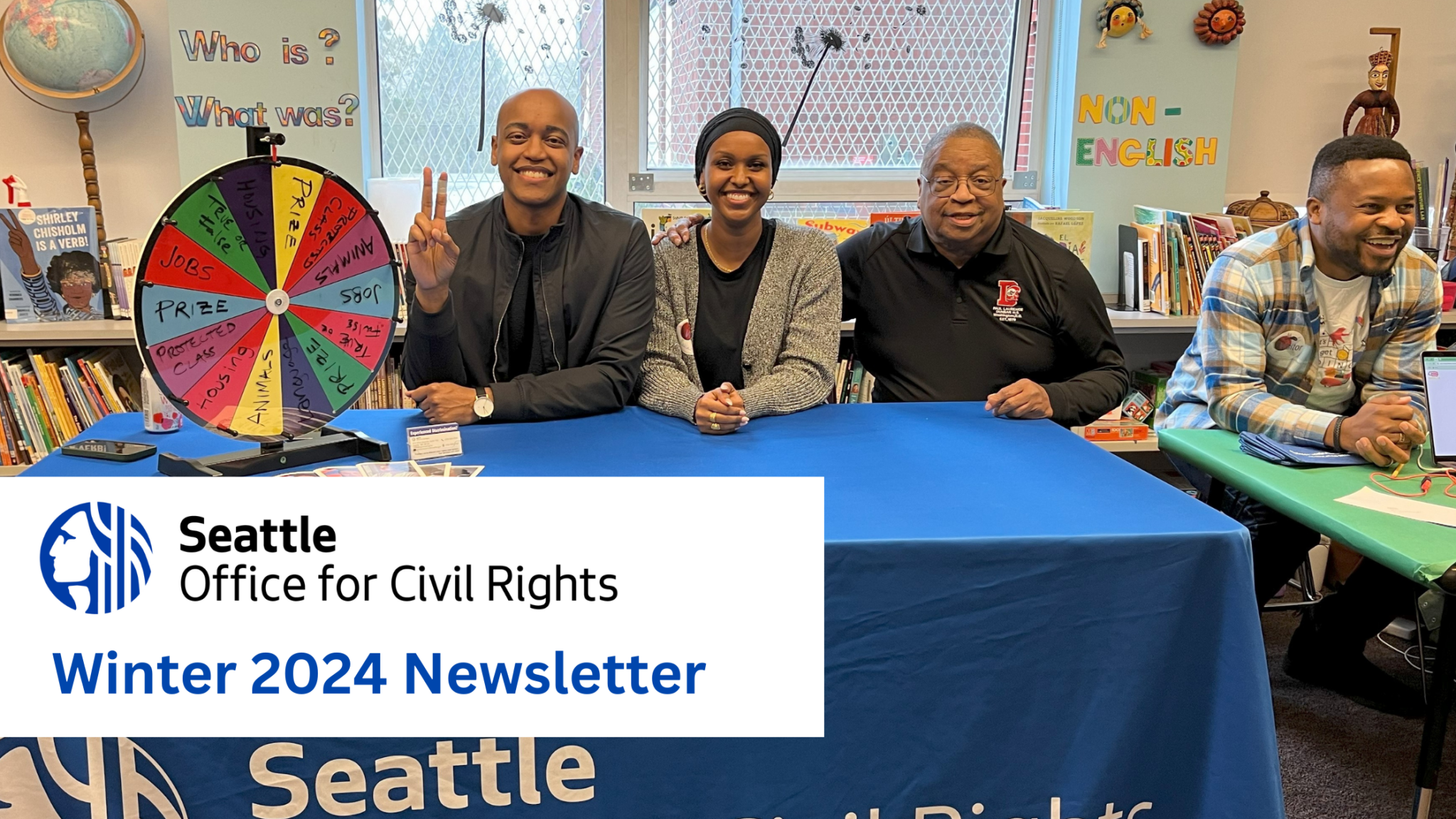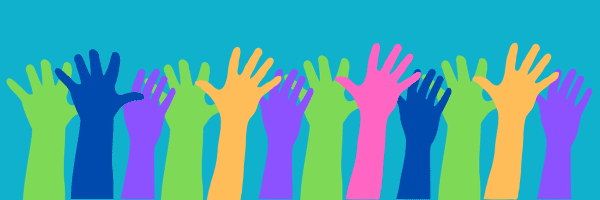
Funding will expand community-led approaches to safety and well-being
Seattle (April 17, 2024) – The City of Seattle is awarding $1.2 million to support community-led services that address domestic violence outside of the criminal legal system. API Chaya, Collective Justice, and Seattle’s LGBTQ Center were selected to provide survivor-informed approaches to healing and accountability through restorative practices and trainings on communication and consent.
“Everyone deserves to be and feel safe everywhere in our city – from our public spaces to private residences and among family and friends. Regardless of age, race, sexual orientation or gender identity, domestic violence can happen to anyone, and requires our communities to have a holistic approach to disrupting and addressing violence and harm,” said Mayor Bruce Harrell. “It is critical that we continue to support community-led approaches that work to address and prevent violence – particularly intimate partner violence – restore safety, and foster healing for survivors.”
Programs will serve individuals and communities disproportionately impacted by the criminal legal system, including Black, Indigenous, LGBTQ+, immigrants, refugees, and other communities of color. Awardees were selected through a Request for Proposals (RFP) from Seattle Office for Civil Rights (SOCR) and, through a onetime Council budget add, the Seattle Human Services Department (HSD) will provide direct funding.
Awardees will be funded to provide the following community-led supports:
- API Chaya ($284,186) will expand skill building opportunities, mentorship, and training for program facilitators to strengthen supports for survivors and increase options to achieve accountability and justice.
- Collective Justice ($517,952) plans to build community responses to violence and mass incarceration through accountability processes, survivor organizing, and trainings grounded in restorative practices.
- Seattle’s LGBTQ Center ($397,860) will expand staff capacity to provide workshops tailored for the LGBTQ+ community on how to identify and respond to harm. Workshop participants will create safety plans and build their understanding of setting boundaries, consent, and effective communication.
Since 2020, SOCR has invested $3 million in community organizations addressing the impacts of incarceration and policing through self-determined strategies. The Mayor’s Office on Domestic Violence and Sexual Assault, as part of HSD, contributes $12.5 million annually to support survivors of gender-based violence.
“This investment reflects communities’ visions for systems of support that cultivate healing,” said SOCR Director, Derrick Wheeler-Smith. “These grants are an important step we can take to invite communities to define safety for themselves and implement their own strategies for well-being.”
Domestic violence impacts every community. According to the Centers for Disease Control, approximately 1 in 4 men, and 1 in 3 women, transgender and nonbinary people have experienced severe physical abuse by an intimate partner. An estimate by the Bureau of Justice Statistics states that nearly half of intimate partner violence goes unreported. In Seattle, over 3,400 reports of domestic violence were referred from law enforcement to the City Attorney’s Office in 2023.
This year’s investment strategy is informed by advocates, policy advisors, and people with lived experiences of domestic violence and incarceration. Community organizations, grassroots entities, and coalitions were eligible to submit approaches to foster safety and healing for Seattle communities. A fourth round of grants is anticipated to be released in 2025.
What People Are Saying
Tanya Kim, Director of Human Services Department
“No one is immune to the physical or emotional abuse of domestic violence. These critical investments in community-led solutions help us get closer to a Seattle where everyone is safe, healthy, and thriving. HSD appreciates this opportunity to partner with SOCR on this funding opportunity as we work together to address disparities experienced by those directly affected by domestic violence.”
Priya Rai, Executive Director of API Chaya
“We know that when survivors face abuse, they first turn to their close networks. API Chaya trains these networks to prevent and respond to violence through support, leadership and skill building programs that are language and culture specific. This creates supportive environments for all survivors in their daily lives – in their homes, at their places of worship, in their schools, their workplace, and neighborhoods.”
Ye Qing Jiang, Communications Director of Collective Justice
“At Collective Justice, we believe in the fundamental humanity and dignity of all people on both sides of harm. We’ve witnessed the impact of healing and accountability as a means of ending harm, creating alternatives rooted in the creativity and brilliance of community. We thank the Seattle Office for Civil Rights for continuing to resource community-owned responses to harm, including domestic violence, as an abolitionist organizing strategy in the fight to end mass incarceration and heal accountably.”
Maisha Manson, Director of Community Programs & Culture at Seattle’s LGBTQ Center
“We envision a resilient community free of incarceration, where individuals have skills to proactively respond to harm. Our workshops teach how to recognize and respond to domestic violence, support one another’s wellbeing, and reduce reliance on punitive measures.”
About the Seattle Office for Civil Rights
The Seattle Office for Civil Rights‘ mission is to provide leadership in upholding civil rights and advancing racial equity in the City of Seattle. seattle.gov/civilrights.
###


